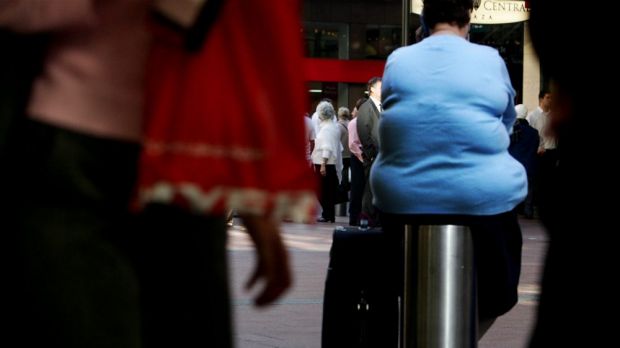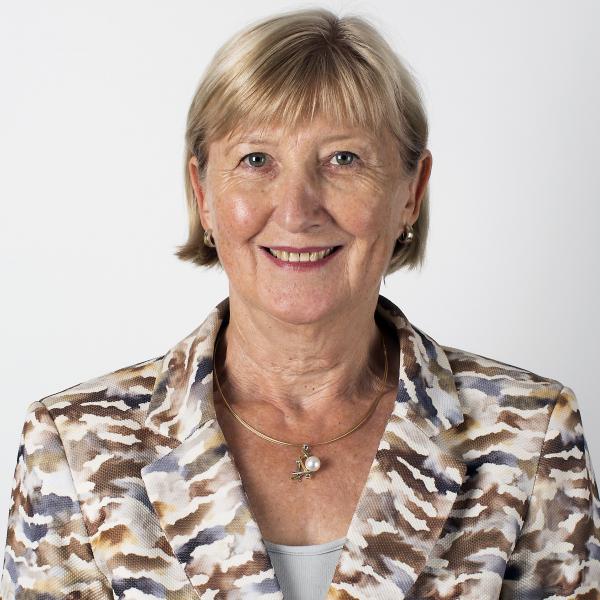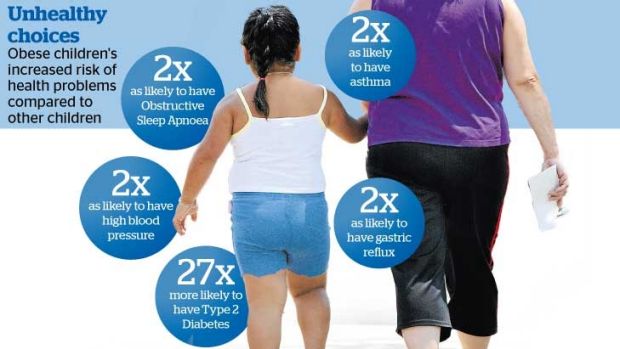A third of Melton children are either overweight or obese, while more than two-thirds of the municipality’s adult population are failing to get in enough exercise, according to new data.
Australia’s Health Tracker has painted a bleak picture of Melbourne’s health divide – the wealthier you are, the healthier you are.
More than 15 per cent of people living in the 3337 postcode (which includes Melton, Melton South and Rockbank) consume alcohol at levels considered to be risky to health; 32 per cent of adults have high cholesterol; and 24 per cent have high blood pressure.
Australian Health Policy Collaboration’s Professor Rosemary Calder isn’t surprised by the findings.
“But I’m still dismayed at the extent to which the data tells a very strong story about the growing risk in the area,” she said.
“Outer suburbs are generally commuter suburbs – out of your front door into a car, out of your car into the office. We know commuting is one of the major impacts on physical activity.”

Lower socio-economic areas are also likely to have less outdoor spaces and the adults are less likely to have time to exercise because of long-commuting hours, according to Professor Calder.
Local, state and federal governments all have a role to play in improving its population’s health, she said. Local governments, for instance, need to find a space for children to be dropped off to walk to school, state governments need to purchase that land, while the federal government must resource schools adequately to fund these types of programs.
ACCESS THE HEALTH TRACKER DATA HERE.
“It’s not hard to do and it’s critically important to do,” Professor Calder said.
“But nationally we only spend 1.5 per cent of expenditure on prevention, and that’s a big problem. We need a much bigger investment.”
Melton council is involved in a number of programs to promote healthy eating and physical exercise, including the Heart Foundation walking groups, Sons of the West men’s health program, and the annual ‘Get Active’ initiative.

But council community planning manager Matthew Wilson said the state and federal governments must invest in infrastructure services and public transport, support local schools to integrate health into its curriculum, and invest in local employment opportunities.
“Residents living in the City of Melton are currently experiencing a lower quality of life than those living in the inner suburbs due to an imbalance of basic services and infrastructure,” Mr Wilson said.
The next round of the Sons of the West program will start at the Taylors Hill Community Centre on May 23, and at the Arnolds Creek Community Centre on May 25.
Details: sonsofthewest.org.au










